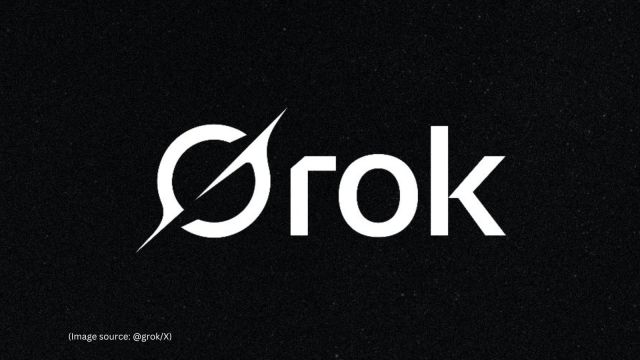Billionaire Elon Musk’s social media platform X (formerly Twitter) has filed a lawsuit against the Central government challenging the use of Section 79 (3) (b) of the Information Technology Act, 2000, to issue blocking orders, claiming that it leads to creation of a “parallel” and “unlawful” content censorship regime.
The company also sought protection for its representatives and employees against coercive action for not joining Sahyog, a Ministry of Home Affairs portal, which it alleged, was a “Censorship Portal”.

In its petition filed in the Karnataka High Court on March 17, the company contended that through the use of Section 79(3)(b) of the Information Technology Act, multiple government departments and agencies are now issuing content takedown notices to social media companies like X, “attempting to bypass the multiple procedural safeguards” prescribed under Section 69A of the IT Act, which also allows for content blocking.
This, X said in its petition, violated the Supreme Court’s 2015 landmark Shreya Singhal judgment, which declared that content could only be censored by a court order, or under Section 69A of the IT Act. “A full 23 years after Section 79 was enacted, and 14 years after the current version went into effect, Respondents are now attempting to misuse Section 79 to create an unlawful blocking regime without any of the protections,” X noted in its plea.
During hearings in the case, the government has told the court it has not taken any action against X for not joining the Sahyog portal. The IT Ministry did not respond to a request for comment.
This is the second time X has challenged India’s online censorship regime. In 2022, the company, then officially called Twitter, had challenged content blocking orders issued under Section 69(A) of the IT Act, alleging disproportionate use of power by officials. However, in 2023, the court dismissed its plea, saying the social media company had approached the court without complying with government orders.
As per Section 79(3)(b) of the IT Act, online intermediaries like X can lose their safe harbour protections if they fail to block access to content which has been flagged by an “appropriate” government agency. Safe harbour protections are key to the functioning of social media platforms, as they afford them legal immunity from hosting user generated content.
Story continues below this ad
However, X has contended that the IT Ministry has “directed” all central ministries, State governments, States’ deputy generals of police, and effectively tens of thousands of local police officers, that they are authorised to issue information blocking orders under Section 79(3)(b), outside the Section 69A process.
MeitY has also provided all Central and state government agencies a “Template Blocking Order” to use to issue these “unlawful” information blocking orders, the plea said. “X seeks a declaration that Section 79(3)(b) of the IT Act does not authorise the government to issue information blocking order. That power is governed by Section 69A of the IT Act,” the company argued in its plea.
As a result of MeitY’s directive, the Ministry of Home Affairs, the Ministry of Finance, Ministry of Defence, the Ministry of Railways, and “countless” state government agencies have issued “notifications” purporting to empower their officers to issue information blocking orders under Section 79(3)(b ), in circumvention of the Section 69A process, X said.
Under the Section 69A blocking process, X said, the government must comply with the safeguards of the provision to block information affecting the “sovereignty and integrity of India, defence of India, security of the State” – but it can block any “unlawful” information under any law in force pursuant to Section 79(3)(b) “without any safeguards whatsoever”.
Story continues below this ad
“MeitY seeks to do indirectly through other agencies what it cannot do directly under Section 69A, which is a colourable exercise of power. MeitY has ultimate authority and ability to use other agencies as proxies to issue information blocking orders that MeitY itself cannot issue under Section 69A,” X said.
X said that on MeitY’s instructions, the Ministry of Home Affairs has also created an online “Censorship Portal,” called Sahyog, where central and state agencies and local police officers can issue blocking orders under Section 79(3)(b), outside of the Section 69A process.
“The Censorship Portal creates an impermissible parallel mechanism to Section 69A, but without the procedures or safeguards of Section 69A, in violation of the Constitution, IT Act, Blocking Rules, and the Hon’ble Supreme Court’s ruling in Shreya Singhal,” X said. The company has alleged that the Home Ministry has demanded X appoint a “nodal officer” to ensure compliance, which it said was “impermissible”.








